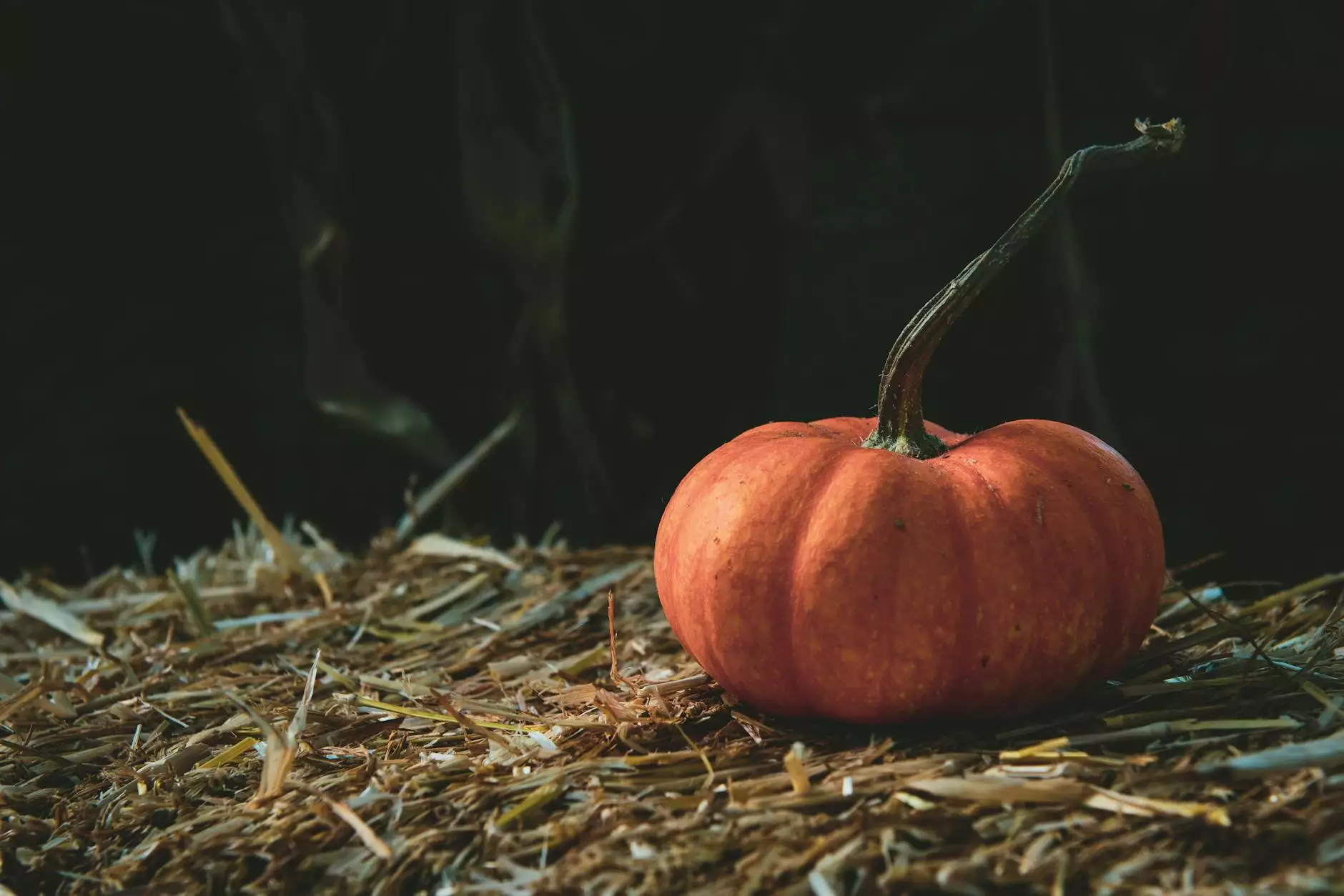Do Lobsters Die of Old Age? Unpacking the Myths and Facts

Lobsters are among the most intriguing marine creatures, known not only for their culinary appeal but also for their unique biological characteristics. One question often posed is, "do lobsters die of old age?" This article dives deep into the life cycle of lobsters, their growth patterns, and various factors influencing their longevity. By the end, you'll gain a comprehensive understanding of lobsters, challenging common myths and revealing fascinating truths.
The Life Cycle of Lobsters
Lobsters undergo a complex life cycle that can be broken down into several stages:
- Egg Stage: Lobsters begin their life as eggs, which are carried by the female until they hatch.
- Larval Stage: Once hatched, the larvae enter a pelagic stage, floating in the ocean for several weeks.
- Juvenile Stage: After settling to the sea floor, they metamorphose into juvenile lobsters, starting their benthic life.
- Adult Stage: Lobsters reach adulthood anywhere from 5 to 7 years old, depending on environmental conditions.
Exploring Lobster Longevity
The longevity of lobsters is a subject of considerable debate. While it's commonly accepted that lobsters can live for decades, the question remains: do lobsters die of old age? Here's a closer examination:
Growth and Molting
Lobsters grow through a process called molting, where they shed their old exoskeleton to form a new, larger one. This process can occur several times a year for younger lobsters, but as they mature, the frequency decreases. Each molt is a crucial stage in their growth; however, it is also a vulnerable time. A lobster's survival during this period hinges on numerous factors, including:
- Environmental conditions, such as temperature and salinity
- Predation risks from other marine animals
- Access to food sources
What Does "Old Age" Mean for Lobsters?
In biological terms, old age can be characterized by decreased reproductive ability, slower growth rates, and increased susceptibility to disease. Unlike many animals, lobsters exhibit negligible senescence, meaning they do not show typical signs of aging. Instead, they continue to grow and reproduce throughout their lives, which complicates the idea of dying of old age.
Factors Affecting Lobster Lifespan
While lobsters can theoretically live for a long time, various ecological and biological factors affect their lifespan significantly:
Predation
As juveniles, lobsters are particularly vulnerable to predators such as fish, crabs, and other marine animals. The survival rate is significantly affected by predator abundance and environmental complexity, which can provide shelter for young lobsters.
Habitat Quality
Optimal habitat plays a crucial role in a lobster's life. Conditions such as water temperature, oxygen levels, and food availability influence growth and survival. Lobsters thriving in rich, diverse habitats are more likely to live longer.
Human Impact
Overfishing and habitat destruction pose significant threats to lobster populations globally. Sustainable fishing practices are crucial to maintaining healthy lobster stocks. Overharvesting can drastically reduce lobster numbers and disrupt their natural life cycle.
Scientific Research on Lobster Longevity
Recent scientific studies have explored the genetics of lobsters, particularly the telomeres in their DNA. Telomeres protect the ends of chromosomes and are associated with aging. Interestingly, lobsters possess a unique enzyme called telomerase, which maintains their telomere length, potentially allowing them to avoid the usual signs of aging seen in other species.
This discovery raises intriguing questions regarding the longevity of lobsters and challenges the notion of death. The more we learn about these creatures, the more we realize that aging in lobsters is far from straightforward.
Common Myths About Lobster Lifespan
Several myths circulate regarding the lifespan of lobsters. Let's address a few:
- Myth 1: Lobsters die from old age like mammals. Fact: They do not age in the same way as mammals and can theoretically continue growing indefinitely.
- Myth 2: All lobsters live for decades. Fact: Lifespan varies across species and environmental conditions.
- Myth 3: Lobsters are immune to diseases as they age. Fact: Aging lobsters can be more susceptible to various diseases.
Conclusion: The Future of Lobsters
The question "do lobsters die of old age?" leads us down a path of fascinating biological inquiry. While lobsters can live for many years and exhibit unique growth patterns that defy traditional aging processes, they are not immune to the factors that ultimately affect their lifespan. Understanding and protecting lobster populations is crucial for their survival. Sustainable practices, habitat conservation, and ongoing research are vital components of ensuring lobsters continue to thrive in our oceans.
As we continue to explore the lives of lobsters, we uncover more about their resilience and adaptability. This knowledge is not only vital for marine biology but also enhances our appreciation for these remarkable creatures.
Call to Action
If you're passionate about lobsters and marine conservation, consider supporting local organizations dedicated to protecting marine habitats. Sharing knowledge and awareness can help ensure that future generations can also marvel at the wonders of the ocean and its inhabitants.









